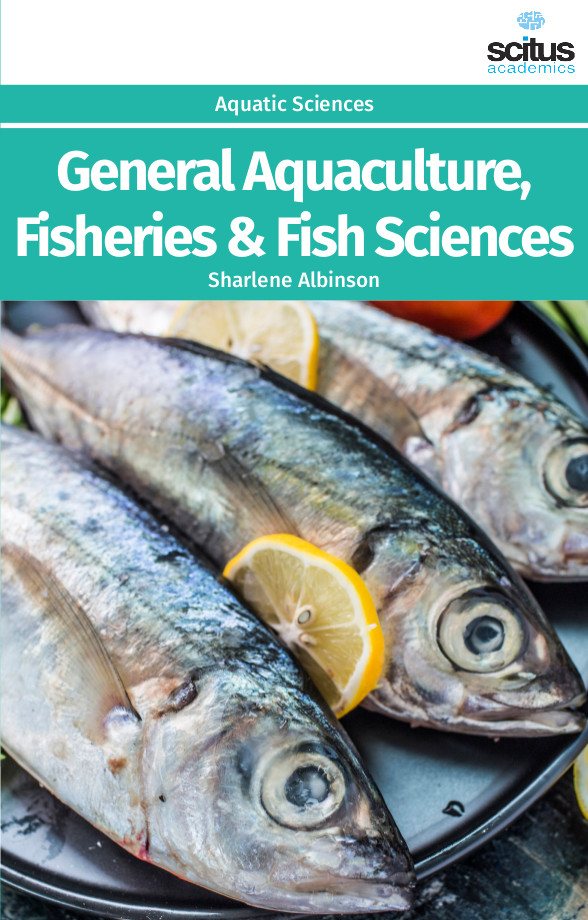Fish is an excellent source of animal protein and a wide range of essential nutrients and contributes significantly to food security. Aquaculture is currently responsible for one third of the fish consumed globally. When managed responsibly, aquaculture has the potential to help take some of the pressure off of capture fisheries and to provide employment and revenue for coastal communities. However, as aquaculture production continues to grow, so do concerns over aquaculture’s impacts on the environment and wild fish species. In view of the large number and diversity of species cultivated, it is perhaps not surprising that aquaculture has emerged into the world’s fastest growing food production system. Fisheries and Aquaculture are at the crux of development in many developing countries having a sea coast. Fisheries and aquaculture, directly or indirectly, play an essential role in the livelihoods of millions of people around the world, from the small-scale inland fishers who harvest fish from lakes and rivers to the men and women who work in large processing plants. Taking family members and other dependents into account, almost 540 million people, or nearly 8 percent of the world population, rely on the sector for their livelihoods.
This book ‘General Aquaculture, Fisheries & Fish Sciences’ covers research studies and reviews within the whole field of fisheries and Aquaculture Sciences, and it will continue to provide information on the latest trends and developments in this ever-expanding subject. It covers descriptions of aquatic plants and animals and feeding to in-depth coverage of economics, marketing, management and diseases of aquatic animals and plants. It covers basic and applied research articles in a broad range of subject areas relevant to fisheries science in such important topics as fisheries, biology, aquaculture, environment, chemistry and biochemistry, and food science and technology.













